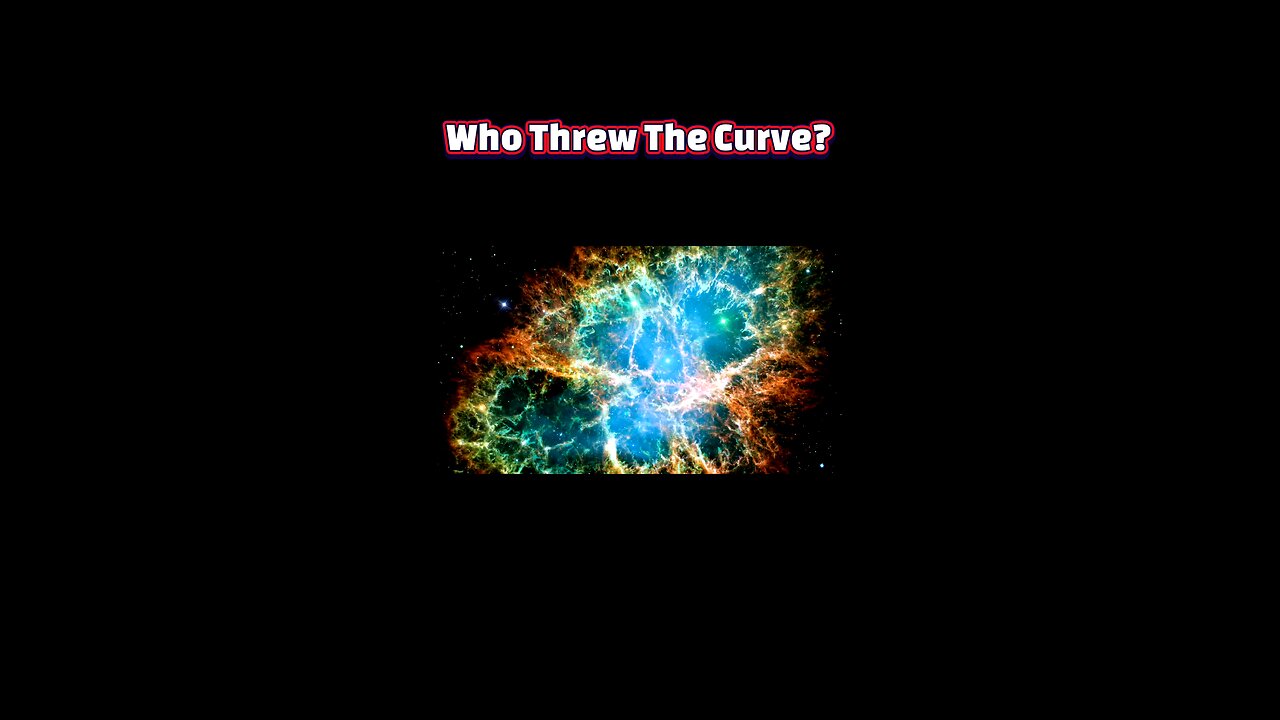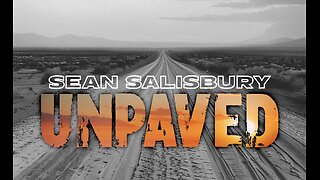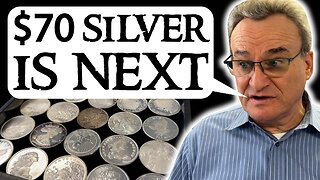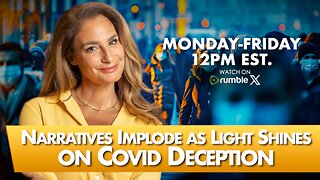Premium Only Content

Beyond the Bang: Unveiling the Cosmic Burst Theory
A prominent scientist is challenging our cosmic origins. Professor Richard Lieu of The University of Alabama in Huntsville claims that the classic Big Bang—the singular, explosive birth of our universe—might be fundamentally wrong.
Instead of a one-off mega explosion, Lieu’s new theory suggests our cosmos emerged from multiple, rapid-fire bursts. These “temporal singularities” are brief, high-impact events that artfully scattered matter and energy across the void.
This paradigm-shifting model dares to do away with the need for dark matter and dark energy—the invisible scaffolding and driving force behind the universe’s expansion according to conventional thought.
For decades, the Big Bang has been the cornerstone of cosmology. Now, Lieu’s idea invites us to reexamine the fundamentals: Could a series of cosmic bursts better explain how galaxies, stars, and vast structures truly formed?
Drawing on his earlier research, the professor describes these temporal singularities as rare yet powerful events. Their fleeting nature means they’ve largely evaded detection by today’s telescopes—but their cumulative effect may have built the universe we know.
Imagine a universe where instead of a single explosion, bursts over time continuously injected energy and matter into space. This model not only accounts for the formation of cosmic structures but also challenges our reliance on unseen forces to explain cosmic evolution.
The scientific community is abuzz. As debates spark over Lieu’s controversial claims, this new perspective reminds us that in science, no theory is ever complete—and our understanding of the cosmos is always in flux.
Stay tuned as further research and technological breakthroughs may soon shed light on these elusive bursts. One thing’s for sure: our view of the universe’s inception is poised for a dramatic, revolutionary update.
#Cosmology #BigBang #NewTheory #BeyondTheBang #CosmicBurst #UniverseOrigins #ScienceRevolution #AstroDebate #NewCosmos
-

LindellTV
1 hour agoMIKE LINDELL LIVE AT THE WHITE HOUSE
2.11K -
 LIVE
LIVE
Jeff Ahern
30 minutes agoNever Woke Wednesday with Jeff Ahern
672 watching -
 13:43
13:43
The Kevin Trudeau Show Limitless
5 hours agoClassified File 3 | Kevin Trudeau EXPOSES Secret Society Brainwave Training
1.5K4 -
 1:05:33
1:05:33
Russell Brand
3 hours agoTrump Goes NUCLEAR on China - accuses Xi of CONSPIRING against US with Putin & Kim - SF627
93.7K38 -
 1:14:47
1:14:47
Sean Unpaved
2 hours agoTrey Wingo's Gridiron Grab
9.68K1 -
 13:07
13:07
Silver Dragons
20 hours agoBullion Dealer Reacts to SILVER PRICE SURGING!
1.54K5 -
 1:06:28
1:06:28
Timcast
3 hours agoTrump Admin Threatens GOP Who Vote To Release Epstein Files
129K92 -
 2:13:09
2:13:09
Side Scrollers Podcast
4 hours agoDruski/White Face Controversy + Women “Experience Guilt” Gaming + More | Side Scrollers Live
22.5K3 -
 1:39:53
1:39:53
The Mel K Show
3 hours agoMORNINGS WITH MEL K - Narratives Implode as Light Shines on Covid Deception 9-3-25
17.6K7 -
 DVR
DVR
The Shannon Joy Show
2 hours agoExclusive With Congressman Tom Massie: "The Epstein Files Are NOT A Hoax. There Are Real Victims"
12.1K2